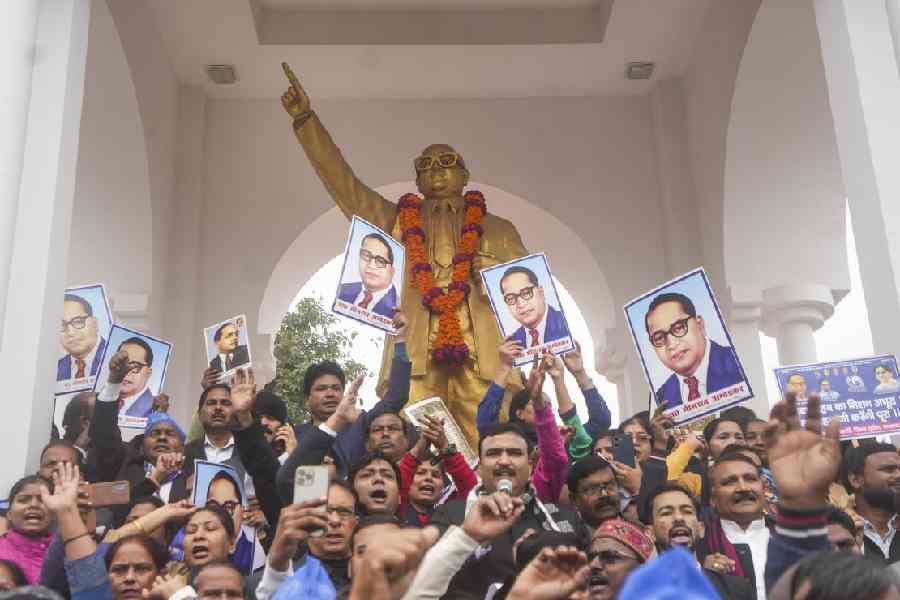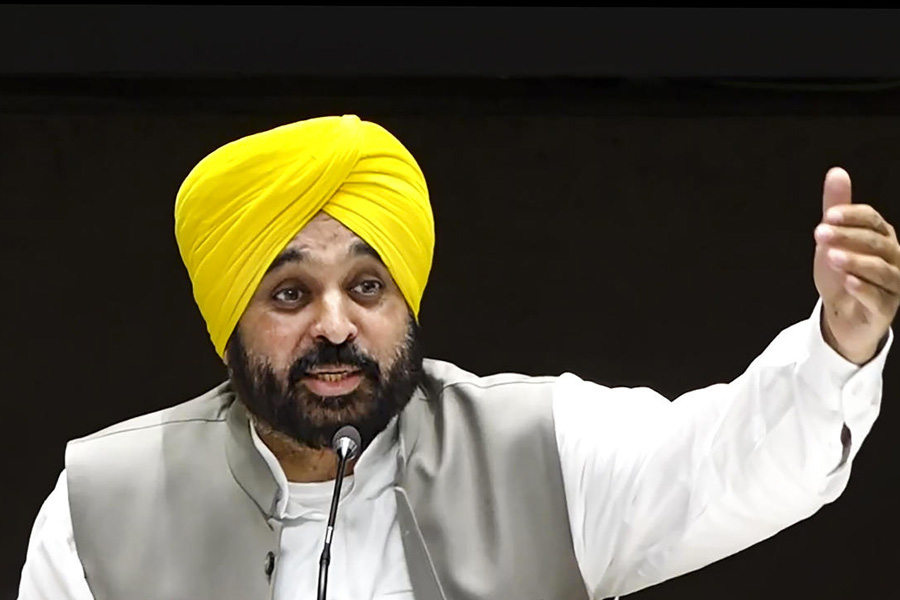Down and out and in danger of a rout. That was pretty much West Indies’ plight when they began the second innings against Australia in Antigua on May 11, 2003, a seemingly unattainable target of 418 to get to win.
To put things in perspective: no side in the history of Test cricket had made as many in the fourth innings to win a game, and only two had made more than 369. The highest fourth innings run chase was India’s 406 for four, ironically against West Indies, at Port of Spain in 1976.
And to make matters worse for the home side as they began the chase, the St John’s pitch was starting to play up. Brian Lara’s team, down 0-3 in the four-match series, were up against one of the best teams of all time boasting of a bowling attack comprising Glenn McGrath, Jason Gillespie, Brett Lee and the leg-break bowler Stuart MacGill, who, while no Shane Warne, did take over 200 Test wickets in 40-odd matches.
Australia had won the 50-over World Cup for a record third time going into the tour of the Caribbean. No wonder they were the overwhelming favourites to make a clean 4-0 sweep.
A seven-wicket burst from pacer Jermaine Lawson restricted Australia to 240 in the first innings; the home team, courtesy skipper Lara’s 68 and a bit of contribution from the lower-order, got an identical score.
“We had to start again on a level-playing field. We spoke in the dressing room about not letting things slip and taking control of the situation, especially if we have Australia on the backfoot,” recalls former opener Daren Ganga, who batted at No. 3 in that series.
Lawson could bowl just six overs in the second innings due to an injury, and Australia made merry with openers Justin Langer and Matthew Hayden hitting centuries, propelling their total to 417.
The West Indies chase began with their left-handed openers Chris Gayle and Devon Smith being cautious, ending Day 3 at 47 for no loss in 22.1 overs. On the fourth morning, the openers were out cheaply, Gayle for a subdued 19 off 71 deliveries, Smith was snapped up by Adam Gilchrist behind the wicket off Gillespie for 23 and when Ganga departed, LBW to McGrath, the home side were precariously placed at 74 for three.
In walked Ramnaresh Sarwan, whose inconsistency often overshadowed his talent. He decided to attack right from the word go, picking on Gillespie and Lee with disdain. At the other end, Lara looked menacing, smashing three sixes, but was out against the run of play bowled by MacGill for 60, his 91-run partnership with Sarwan coming in 25 overs.
Sarwan continued with aplomb, so much so that his new partner, fellow Guyanese Shivnarine Chanderpaul, decided to drop anchor.
Sarwan brought up his half-century a little after Lara’s departure and then pressed on the accelerator, appearing completely unfazed even after an altercation he had with McGrath when in the 80s.
Sarwan duly brought up his second Test century, a statement of intent both by him and the Windies.
“Well, that (105 off 139 balls) is my best innings, taking into consideration the whole situation of the game and the amount of pressure we were under, for we hadn’t done well in the previous Tests. Besides, no one had given us any chance of chasing down 418,” Sarwan told The Telegraph from Florida.
Recalling that game and his bust-up with McGrath, Sarwan said: “Throughout the Test, there was a lot of verbal stuff going around. Both teams were pretty much pumped up and we were going at each other.
“During the first innings, even Lara had an exchange of words with Steve Waugh. But we kept playing our natural game. As for the incident with McGrath, it wasn’t appropriate and so I went across to him after the match and apologised. He accepted it and we moved on. It all happened in the heat of the moment.”
When Lee finally accounted for Sarwan, the Windies still required 130 for victory with five wickets in hand. Wicketkeeper Ridley Jacobs departed first ball, thanks to a shocker from umpire David Shepherd, but Chanderpaul battled on at the other end.
The left-hander kept playing his shots and with good support from Omari Banks, who was let off by Martin Love at first slip when on two, reached three figures and ensured the Windies remained steady in their chase. At stumps on Day IV, they were 371/6, needing only 47 on the final day.
There was more drama left as Lee picked up Chanderpaul for 104 early on Day V, May 13, 2003, with the hosts still requiring 46 for victory. But Banks and Vasbert Drakes just didn’t throw in the towel. They played strokes whenever they sensed the opportunity.
The duo showed tremendous grit to get closer and closer to the target. With four required to win, Drakes cut MacGill and there was no stopping the ball.
The Windies had lost the series, but not before scripting history.











